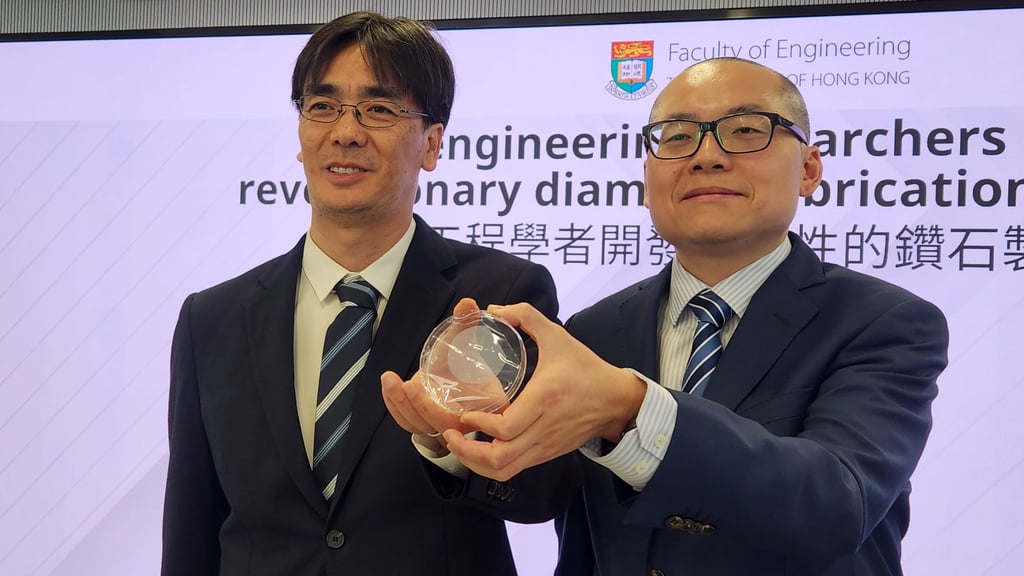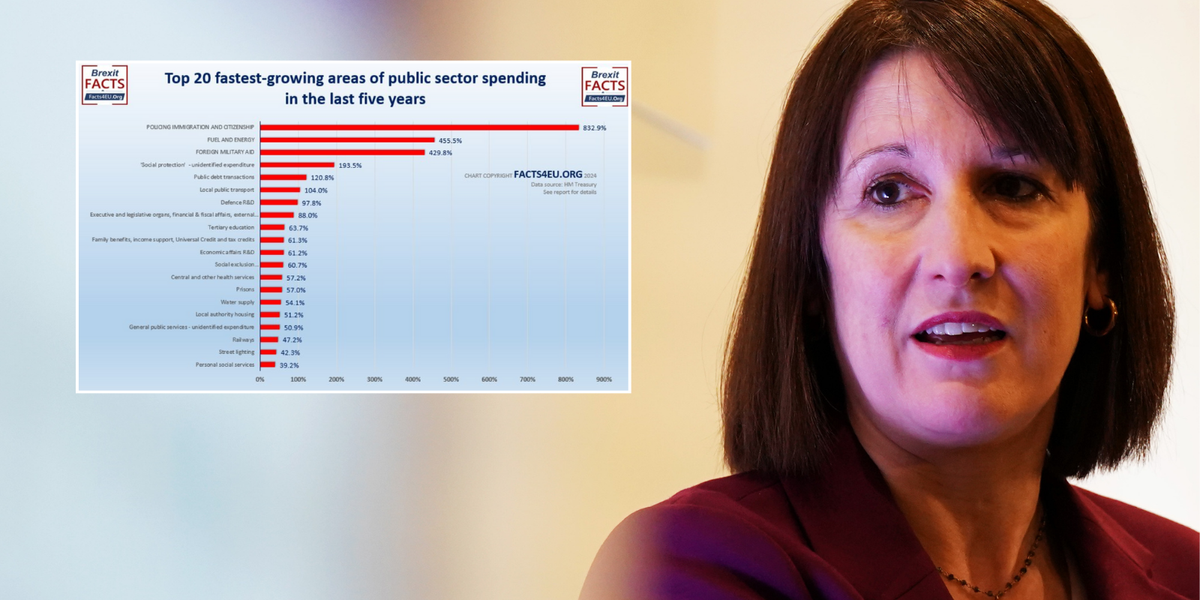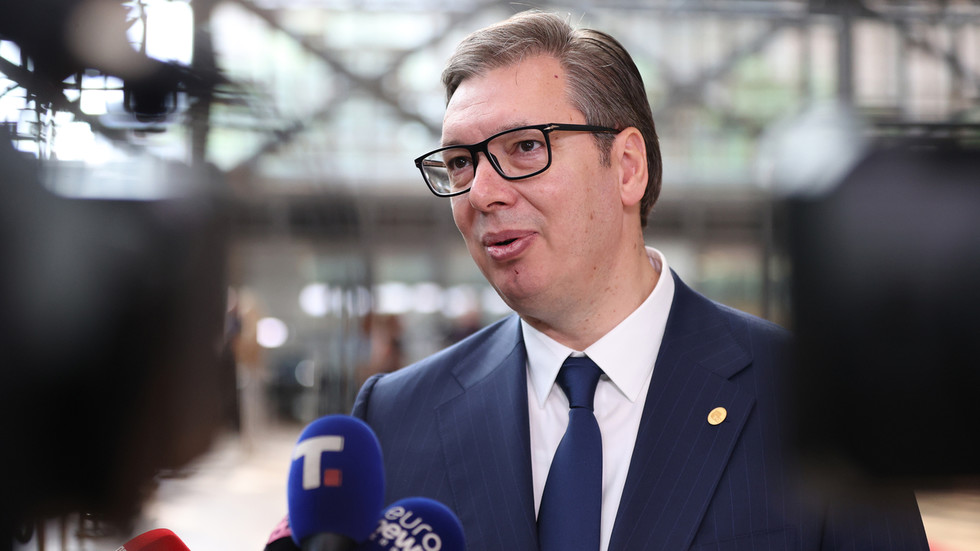Scientists from Hong Kong and mainland China say they have developed a simple and fast way to turn diamonds – the hardest natural material – into an ultrathin and ultraflexible membrane, paving the way for its mass production and widespread use in electronics.
The team said one promising application was to use the high thermal conductivity of diamonds – five times that of copper – as a heat spreader to cool electronic components in processors, semiconductor lasers and electric vehicles. Better temperature management could improve the performance and longevity of devices.
The membrane is said to be compatible with existing semiconductor manufacturing technologies. It could be made into diamond-based electronics such as field-effect transistors – a semiconductor device that serves as a controlled switch – and wearable electronics.
“This single-step method … is expected to accelerate the commercialisation and arrival of the diamond era in electronics, photonics and other related fields,” the team wrote in a paper published in the peer-reviewed journal Nature on Thursday.
“Compared with reported works in the past 30 years, this study is the first, to our knowledge, to achieve mass production of wafer-scale transferable diamond membranes,” they said.

The researchers are from the University of Hong Kong, the Dongguan Institute of Opto-Electronics at Peking University, and the Southern University of Science and Technology in Shenzhen.

 By South China Morning Post | Created at 2024-12-21 12:16:49 | Updated at 2024-12-21 16:39:05
4 hours ago
By South China Morning Post | Created at 2024-12-21 12:16:49 | Updated at 2024-12-21 16:39:05
4 hours ago








![U of Michigan fires [racist] DEI official over purported antisemitic comments. U of Michigan fires Rachel Dawson, director of an office for multicultural initiatives, over alleged antisemitic comments made in private.](https://freerepublic.com/images/fr_fuel_guage.jpg)